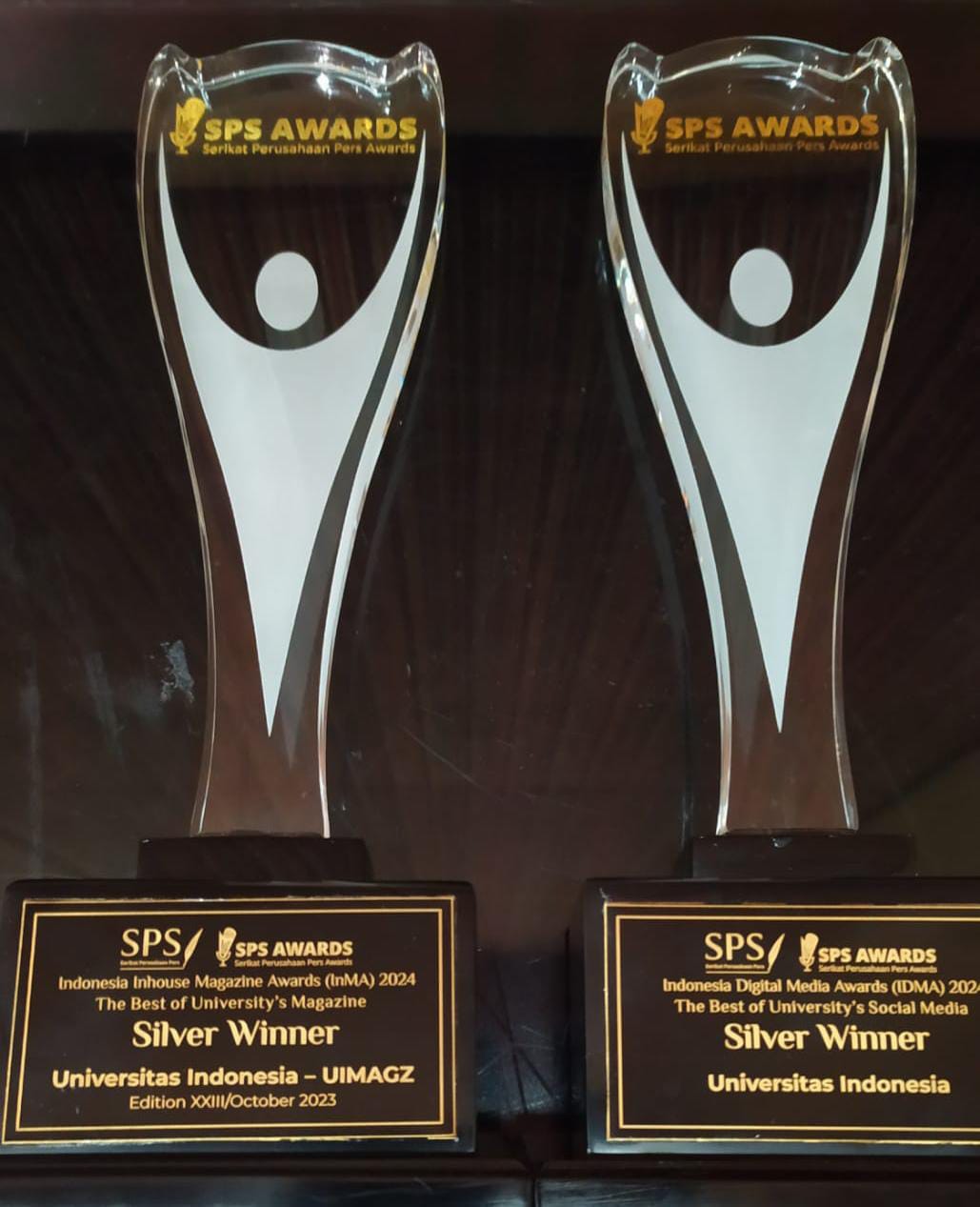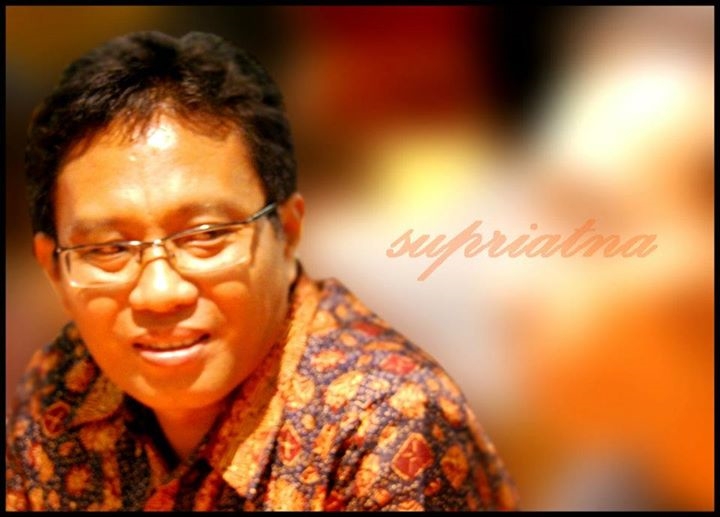Depok, July 29th 2023. Rector of the Universitas Indonesia (UI), Prof. Ari Kuncoro, S.E., M.A., Ph.D. appointed Prof. Sari Wahyuni, S.I.P., M.Sc., Ph.D. as Permanent Professor of the Faculty of Economics and Business (FEB) UI, this morning (Saturday, 29/7), at the UI Convention Center, Depok Campus, West Java. At the inauguration, Prof. Sari read a scientific oration entitled “Repositioning of Investment Strategy in the Circular Economy Era”. According to her, this repositioning strategy is needed in order to develop existing investments in Indonesia.
Prof. Sari said that Indonesia actually has abundant natural resources , cheap labor, and a huge market as an investment magnet. However, in fact, many countries without resources are able to develop investments rapidly, such as Singapore and Thailand which have succeeded in building automotive value chains where they are known as the Detroit of Asia, or Malaysia which is known as the Silicon Valley of the East. All of this boils down to a strategy to position oneself in the world’s competitive investment arena along with a commitment to support this strategy.
“This is where a repositioning strategy is needed, namely from a general investment strategy to a strategy that is more innovation driven, unique, and has sustainable competitiveness. For that, we have to change the mindset and make a management change in every line of business. The investment strategy that is designed must be smart, mindful, and agile by looking at the opportunities that exist,” said Prof. Sari.
During the Covid-19 pandemic, the rate of investment had weakened. In fact, many parties were forced to swerve or go out of business. It was during this period that the government needed to promote a repositioning strategy by carrying out a clear strategic positioning compared to other world economic regions. The repositioning strategy is carried out to attract investors through the three pillars of the investment stage, namely factor driven (economic driving factors), efficiency enhancers (increasing efficiency in the production process), and innovation driven innovation drivers). The existence of these factors must be considered in developing a cluster strategy.
In the midst of the current issue of global warming, an investment strategy that takes into account the transition to a circular economy is not only a necessity, but also an opportunity for sustainable growth and development. The circular economy promotes regenerative systems in which products and materials are designed to be reused, recycled and regenerated. This is what is called a closed loop, that is when production waste can be utilized by other production.
The repositioning strategy for industrial estates must emphasize the long-term benefits of circular investment. Although some circular solutions require up-front costs, they provide a halo economy impact, new income for the company, and saving the environment for future generations. The application of this circular economy is also an important part of the Strategy Environment Social Governance (ESG). Therefore, it is important to support companies in forming an Industrial Symbiosis Network (ISN), as an effort for companies to fulfill their responsibilities for external business impacts while minimizing investment.
Prof. Sari said, “Investing in a circular economy is not only an ethical choice, but a strategic and profitable step. By aligning our investment strategy with circular principles, we can encourage positive change, mitigate environmental risks, and promote sustainable economic growth. Let’s seize this opportunity to shape a future where waste becomes a valuable resource and our planet thrives for generations to come.”
Prof. Sari’s research is one of the many studies she has done. Several scientific works that have been published included The Role of Parenting Strategy in Improving Company Performance: Case Study at PT Telkom (2023); Investigating the Impact of Growth Mindset on Empowerment, Life Satisfaction and Turn Over Intention: Comparison Between Indonesia and Vietnam (2023); and The Impact of Covid-19 on Changes in the Work Plan of Music Event Organizers in Indonesia: A Case Study of Emvrio Production (2022).
Prof. Sari Wahyuni completed her Bachelor of Communication Science at Gadjah Mada University, in 1993. Then, she earned her Master of Science in International Business in 1999 and Doctor of Philosophy in Management & Organization in 2003 at the University of Groningen, The Netherlands.



